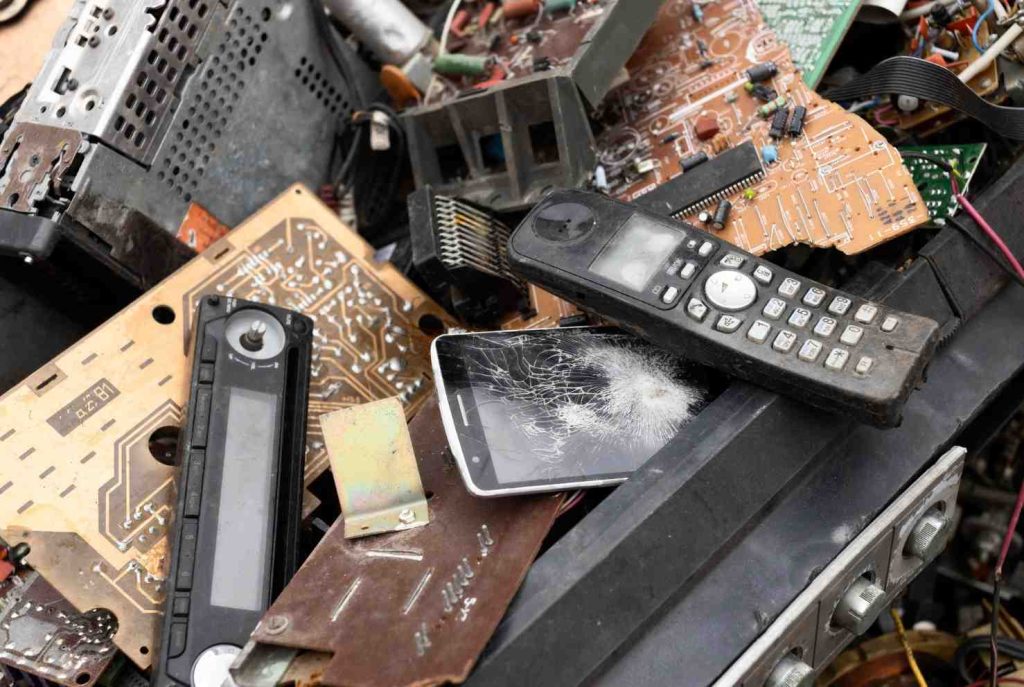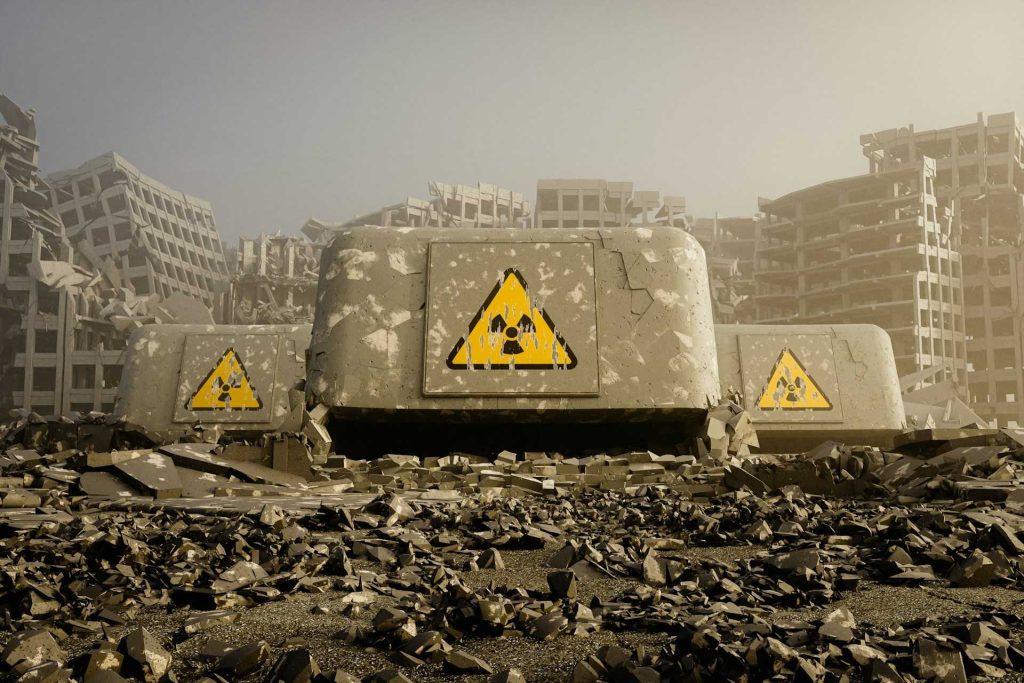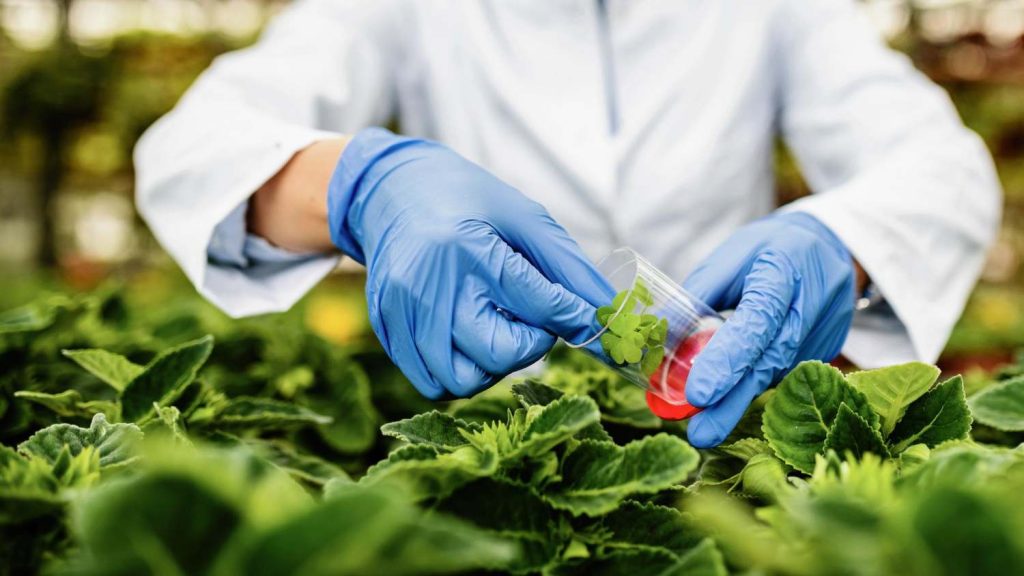The carbon exchange could be the wind of change for business in Indonesia. Emissions, more precisely carbon units, will become a commodity. From previously having no value, it has now become a valuable commodity traded between business actors in Indonesia. It will even bring many benefits and create various new jobs, such as those of environmental experts, carbon market analysts, and professional financial experts for carbon transactions (which were previously not a particular profession in Indonesia).
With the implementation of a carbon exchange in Indonesia, it means that Indonesia can also participate in the international carbon market. Indonesia will potentially gain a large sum of money from it. Based on data from the Indonesia Carbon Trading Handbook, it has 125.9 million ha of tropical rainforest, 3.31 million ha of mangrove forest, and 7.5 million ha of peatland, which can absorb 113.18 billion tons of carbon emissions and is worth not less than IDR 8,000 trillion.
Several Sectors and Business Actors Might Get Some Benefits from Carbon Exchange
Carbon exchange deployment will benefit various sectors—for example, the carbon trade sector. Industry and product processing (IPPU) and agriculture also get benefits from carbon exchange due to its low emissions. The other sector is the renewable energy sector, as it could provide alternative energy sources, which low in carbon emissions.
Several business actors will blossom and reap the benefits of carbon trading. Firstly, in the carbon trade sector, specialists and parties who have the capability to validate and verify carbon will benefit because many business actors will use their services. For example, ID Survey, which was appointed by IDX to provide the carbon certification. Another example is PT Mutuagung Lestari Tbk, or MUTU, which is a pioneering company in testing, inspection, and certification services for carbon in Indonesia.
The second party is business actors in carbon dioxide-absorbing industries, the agriculture sector, which is low in emissions. Its business activities will only produce 150.2 metric tons of carbon dioxide equivalent (Mt CO2e), or 7.3% of the total, in 2020. They could trade their carbon quota to those business players who exceed the emissions threshold.
Aside from that, the energy sector, specifically the renewable industry from solar, wind, geothermal, biomass, and hydroelectricity, will also gain benefits from it. For example, from geothermal renewable energy, PT Pertamina Geothermal Energy Tbk will receive carbon credits for the green projects they complete, which could benefit them in this carbon commercialization era. PT Adaro Energy Indonesia Tbk (Adaro), that developed wind power plants; and PT Arkora Hydro Tbk, that made hydroelectric power plants, could also reap benefits from it. In the long run, this would become a promising business that have a bright future.
Carbon Exchange Negative Effect on Business
On the other hand, it is not deniable that carbon exchange may have a negative impact on some parties. In the first list is the energy sector. Based on Climate Watch data, the energy sector is the largest contributor to greenhouse gas emissions in Indonesia. In 2020, this sector produced 897.6 metric tons of carbon dioxide equivalent (Mt CO2e), or 42.1% of total carbon emissions in the country.
The next is Land-Use Change and Forestry. In 2020, it produced 499.3 metric tons of carbon dioxide equivalent (Mt CO2e), or 23.5% of the total. The third sector is Agriculture specifically in the farm sub-sector, which emits 154.3 metric tons of carbon dioxide equivalent (Mt CO2e), or 7.3% of the total Indonesia’s emissions in 2020. It is inevitable that business actors operating in these three sectors will likely be the ones who must spend the most money to compensate the emissions they create.
So, how can business actors whose carbon emissions are above the threshold cope with this new regulation? Possibly, one of the options is to buy carbon quotas from the global market. There are some countries that sell carbon at lower prices, such as Poland or Ukraine, where the price is under 1 dollar per unit, or Mexico, where the price is 2 dollars per unit. However, it depends on the carbon price in Indonesia, which has not been set up yet and will be regulated by the government as soon. Thus, this carbon price will be a game changer for carbon exchange implementation and even its sustainability in Indonesia.
Next articles: How Much is Enough to Prize the Carbon?




Free consultation with us

Intan is a Business Analyst at Central Insight. Prior to joining Central Insight, she was a lecturer at Universitas Mercu Buana Jakarta that taught research method. She also has experiences as the lecturer assistant and research assistant at the university. She has several research experiences in social-psychology about scale adaptation and experiment guideline, and three of them were published at credible Indonesian journals. In Central Insight, she has been involved various projects in several sectors, namely digital technology, communication, agriculture, FMCG, and F&B. Intan holds Psychological Science Master’s Degree focused in Social Psychology from Universitas Indonesia, Indonesia; and Psychology Bachelor’s Degree from Universitas Surabaya, Indonesia with a Summa Cum Laude GPA.

















